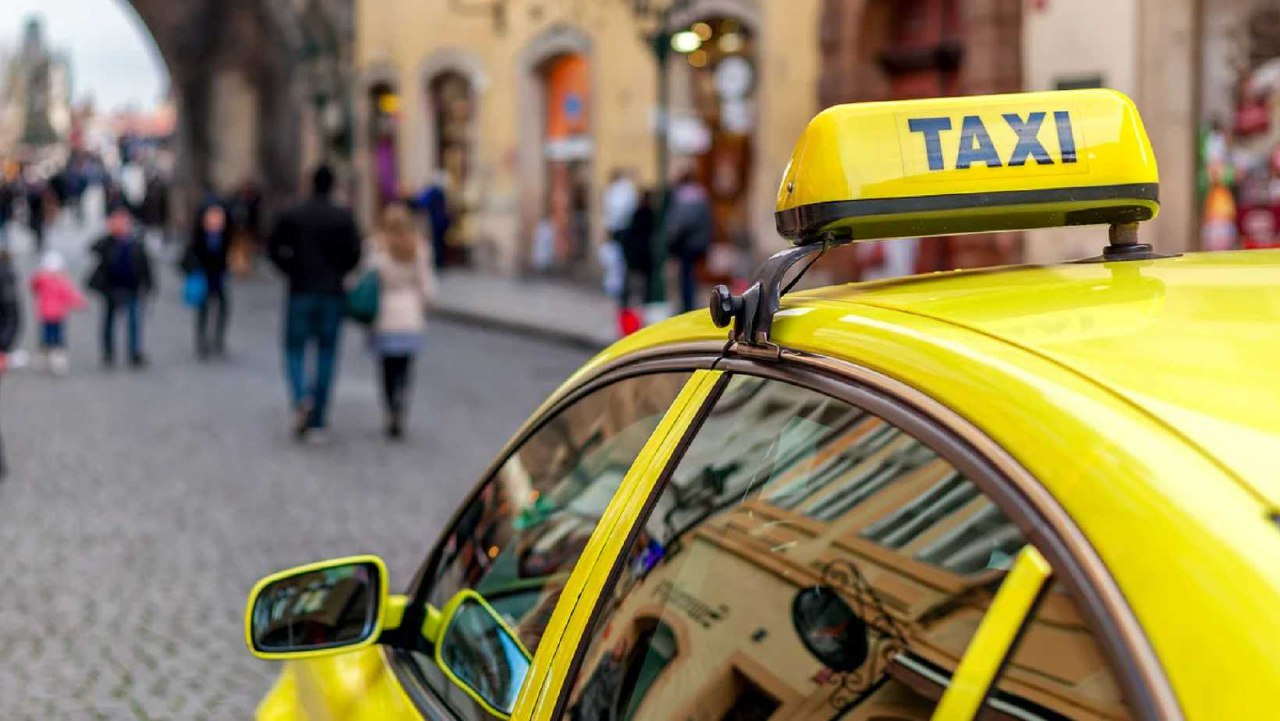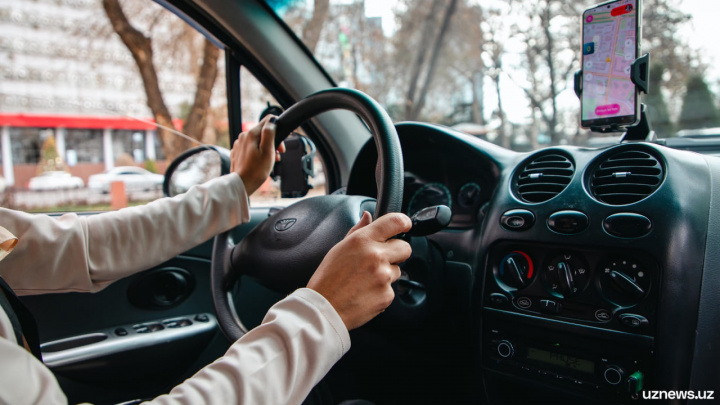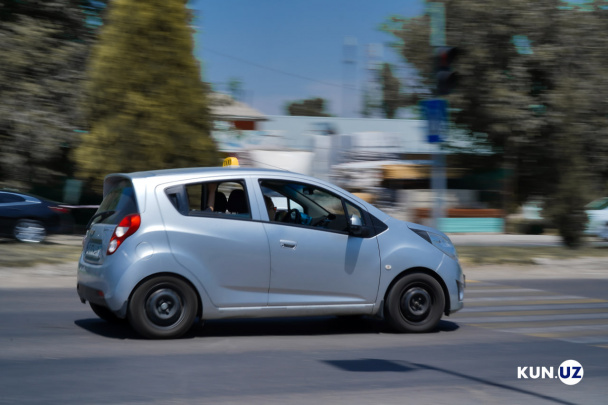Uzbek taxi drivers in Czechia may face restrictions under proposed law
Four Czech MPs from both government and opposition parties have proposed stricter requirements for obtaining a taxi driver’s license, targeting non-EU citizens. With a significant share of licensed taxi drivers in the country being Uzbek nationals, the proposed legislation would directly affect them. The proposal aims to ensure that only individuals holding a Czech or EU-issued driving license can operate as taxi drivers.

According to Prague Morning, the Czech media outlet, reports by MPs note that of nearly 15,000 taxi driver licenses issued, only 55% are held by Czech citizens. More than 6,000 permits have been issued to Ukrainians, over 1,100 to Uzbek nationals, and 117 to Nigerians.
“There are growing complaints that some taxi drivers face challenges navigating heavy traffic and adhering to road rules, which jeopardizes passenger and public safety,” the report states. It also points out that foreign drivers often rely heavily on navigation systems due to a lack of familiarity with local geography, particularly in Prague.
The amendment to the government’s Road Transport Act was put forward by MPs Renáta Zajíčková (ODS), Patrik Nacher (ANO), Michal Zuna (TOP 09), and Jakub Michálek (Pirates).
According to MPs, the goal is to improve road safety, highlighting concerns over the rising number of foreign taxi drivers struggling with local driving conditions.
MP Renáta Zajíčková explained that the proposal addresses concerns about foreign drivers, particularly those from former Soviet states like Uzbekistan and Kazakhstan, as well as Africa, using home-country licenses in Prague. She cited data showing that these drivers are involved in more traffic accidents and emphasized that the amendment aims to improve safety by clarifying driver records.
Co-sponsor Patrik Nacher noted that some taxi operators hire foreign drivers to cut costs and bypass local licensing. The amendment would include foreign licenses in the police database for better oversight.
Related News

15:16 / 15.01.2026
State Tax Committee clarifies turnover tax rules for self-employed taxi drivers

13:13 / 02.01.2026
No separate QR code required – Tax Committee clarifies new tax rules for self-employed taxi drivers

11:40 / 24.10.2025
UAE company expresses interest in hiring Uzbek taxi drivers

18:56 / 07.08.2025




